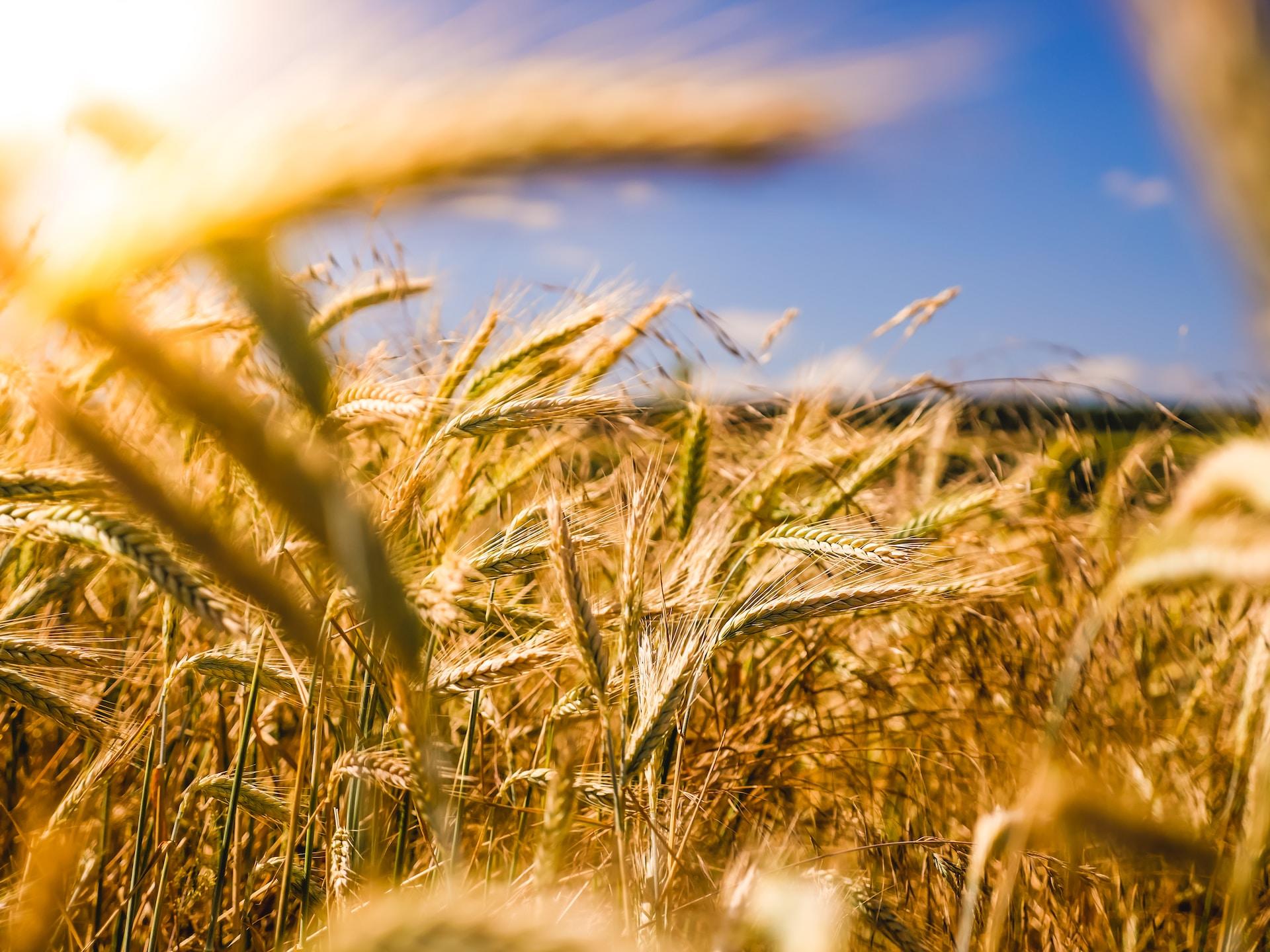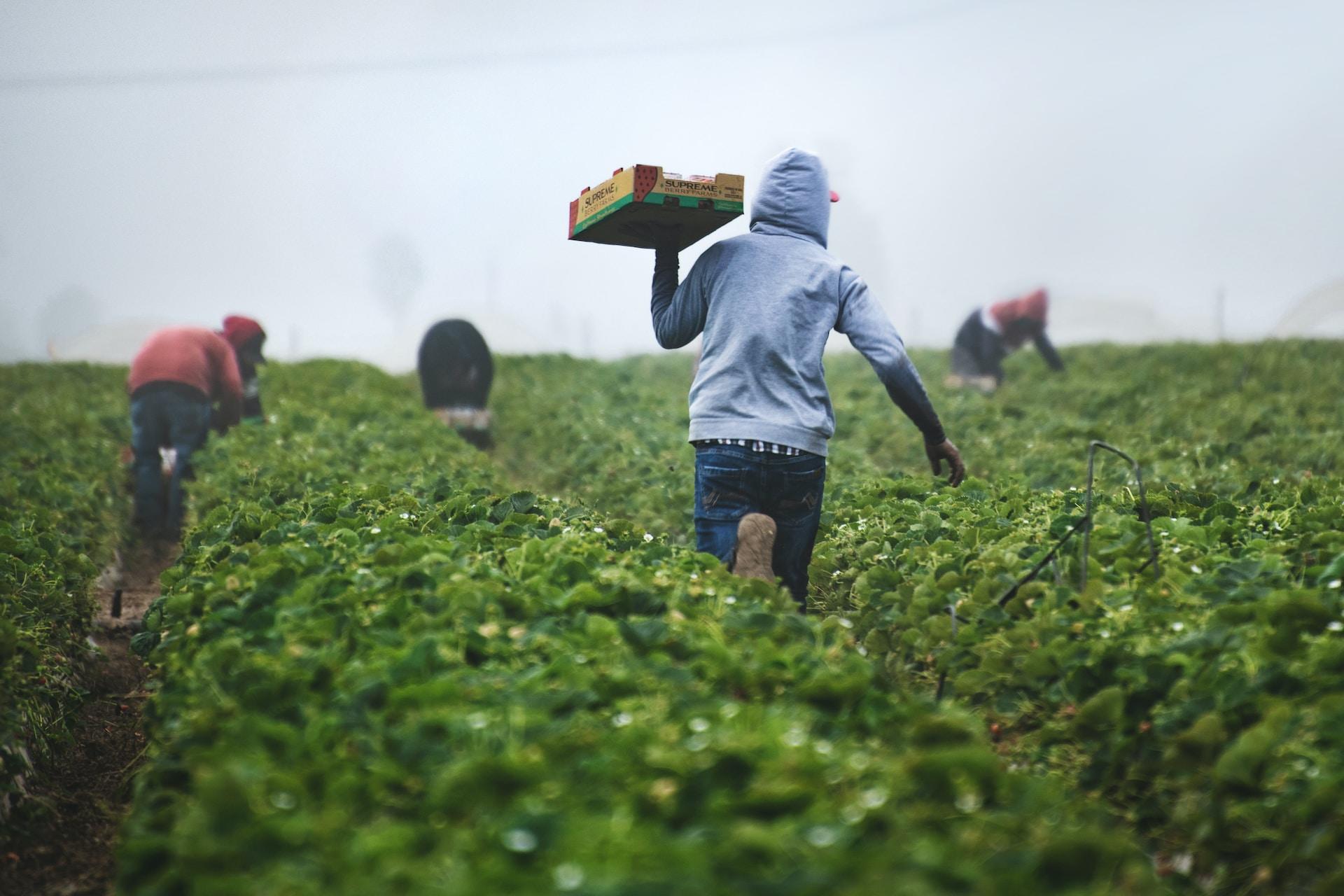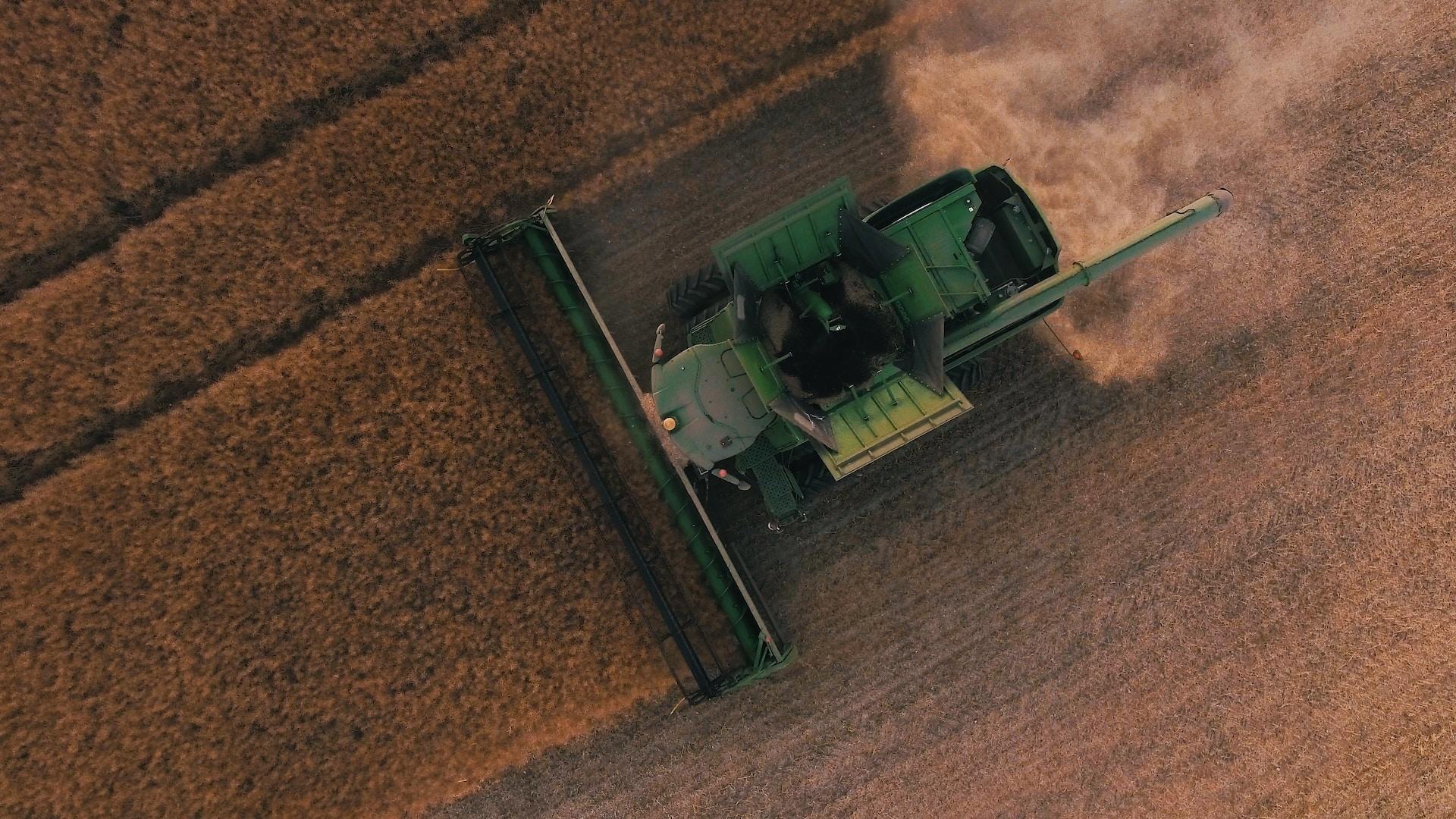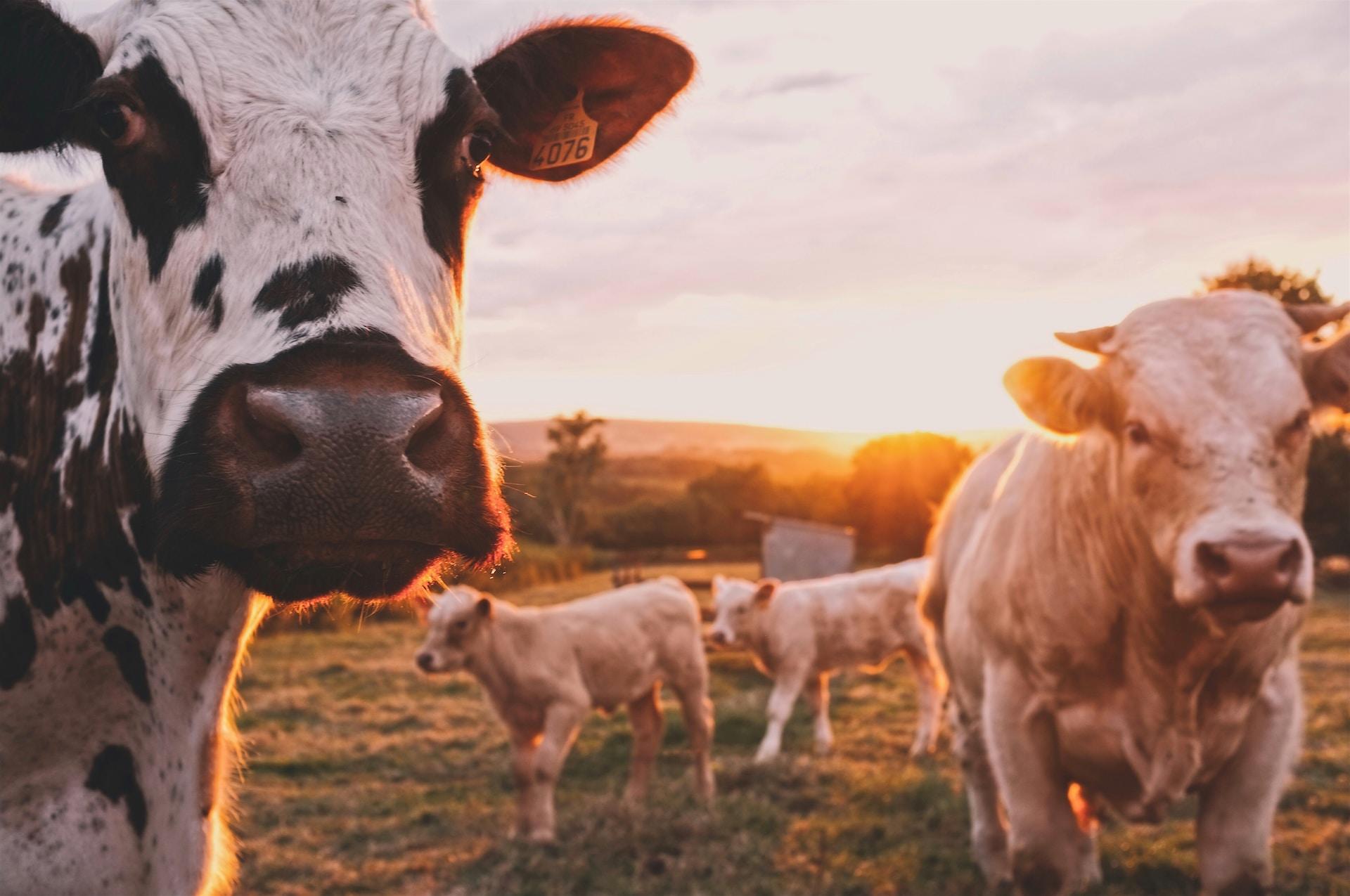Changing rainfall patterns and increased temperatures have led to reduced crop yields and increased pest infestations, negatively impacting farmers' livelihoods and food security in the country. Dr. Jabulani Mokwena, Agricultural Economist
Step into the world of farming, where the resilience of both people and the environment is put to the test. With climate change casting its long shadow over the agricultural landscape, farmers find themselves grappling with new challenges and seeking innovative ways to adapt. This article explores the impact of climate change on farming and delves into the strategies employed by farmers to overcome these obstacles.
As the Earth's temperature continues to rise at an alarming rate, unpredictable weather patterns and extreme events become the new norm. This has dire consequences for the farm, affecting both the delicate balance of the ecosystem and the livelihoods of those who rely on it. Animals and plants, once accustomed to stable weather conditions, now face intense heatwaves, prolonged droughts, and devastating floods. Such conditions not only jeopardise crop yields but also put the welfare of livestock at risk.
In the face of such challenges, farmers are displaying extraordinary resilience and determination. They are embracing innovative techniques and technologies to mitigate the impact of climate change on their farms. From implementing irrigation systems and adopting drought-resistant crop varieties to employing precision farming methods, they are finding ways to work with, rather than against, nature.
Join us as we explore the fascinating intersection of farming and climate change, and discover the role farmers play in shaping a sustainable future for us all.

The Effects of Climate Change on Agriculture
Climate change has significantly altered the conditions under which we grow our crops and raise our livestock. Rising temperatures, irregular rainfall patterns, and extreme weather events have become the new norm. These changes have disrupted planting and harvesting seasons, increased water stress, and led to the spread of pests and diseases.
For example, prolonged droughts have severely affected crop yields, leaving farmers struggling to meet the demands of a growing population. Additionally, heatwaves can cause heat stress in livestock, leading to reduced productivity and even death. These effects of climate change on agriculture have far-reaching consequences, not only in South Africa, but for global food security and the world economy.
Challenges Faced by Farmers Due to Climate Change
Farmers are at the forefront of climate change impacts, and they face numerous challenges as a result. One of the biggest challenges is the unpredictability of weather patterns. Traditional farming practices rely on predictable seasons, but climate change has made it increasingly difficult to anticipate when to plant and when to harvest. This uncertainty can lead to crop failures and financial losses for farmers.
Another challenge is the increased prevalence of pests and diseases. Warmer temperatures and changing rainfall patterns create the perfect conditions for pests to thrive, leading to significant crop damage.
Furthermore, farmers must also adapt to the changing water availability. Droughts and erratic rainfall make it challenging to manage water resources effectively. These challenges require innovative solutions and a shift towards climate-smart farming practices.
Impacts of Climate Change on the Environment

The effects of climate change go beyond the direct impact on farming practices. Climate change poses significant threats to the environment as well. Rising temperatures contribute to the melting of polar ice caps, leading to sea-level rise and coastal erosion. This not only impacts the habitats of various species but also threatens the livelihoods of coastal communities who rely on fishing as their main source of income.
Additionally, climate change disrupts ecosystems and alters natural cycles, leading to a loss of biodiversity. This loss has cascading effects on the health of ecosystems and the services they provide, such as pollination and pest control. It is crucial to recognize the interconnectedness of agriculture and the environment when addressing climate change.
Consequences of Climate Change on Farming Communities
The consequences of climate change on farming communities are far-reaching and affect both rural and urban areas. In rural communities, farmers are facing increased economic uncertainty due to crop failures and reduced productivity. This can lead to food insecurity, poverty, and migration as farmers seek alternative livelihoods.
In urban areas, the impacts of climate change on farming can result in rising food prices and decreased availability of certain crops. This, in turn, can lead to social unrest and political instability.
It is essential to recognise the interconnectedness of farming communities and the global food system to ensure the sustainability and resilience of our agricultural practices.


Dangers of Climate Change For Agriculture
The dangers of climate change for agriculture cannot be overstated. As temperatures continue to rise and extreme weather events become more frequent, the risks to our food production systems increase. Crop failures, reduced yields, and increased pest infestations can lead to food shortages and price volatility. This can have severe consequences for vulnerable populations who rely heavily on agriculture for their livelihoods and food security.
The dangers of climate change extend beyond the immediate impact on agriculture. The degradation of soil quality, loss of biodiversity, and pollution from agricultural practices contribute to a vicious cycle that further exacerbates climate change. It is imperative that we take action to mitigate these dangers and build climate-resilient agricultural systems.
Sustainable Farming Practices
In the face of climate change, sustainable farming practices offer hope and solutions. These practices aim to reduce greenhouse gas emissions, conserve water, and promote biodiversity. One such practice is agroforestry, which involves the integration of trees into farming systems.
Trees provide shade, improve soil fertility, and sequester carbon dioxide from the atmosphere. Another practice is precision agriculture, which utilises technology to optimise inputs such as water, fertilisers, and pesticides. By using data and analytics, farmers can reduce waste and improve efficiency.
Additionally, organic farming practices that avoid synthetic inputs and focus on soil health can help build resilience to climate change. These sustainable farming practices not only mitigate the effects of climate change but also contribute to long-term environmental and economic sustainability.
Innovations and Solutions For Climate-Smart Farming
Innovations and technological advancements play a crucial role in building climate-smart farming systems. One such innovation is the use of drones in agriculture. Drones equipped with sensors and cameras can provide real-time data on crop health, water stress, and pest infestations. This information enables farmers to take targeted actions and optimise resource use.
Another solution is the development of drought-resistant and heat-tolerant crop varieties through genetic engineering. These crops can withstand challenging climate conditions and offer higher yields. Furthermore, the integration of renewable energy sources, such as solar panels and wind turbines, into farming practices can reduce reliance on fossil fuels and decrease greenhouse gas emissions. Embracing these innovations and solutions is essential for the future of agriculture in a changing climate.
Government Policies and Support For Climate-Resilient Agriculture
Government policies and support play a crucial role in fostering climate-resilient agriculture. Policymakers can incentivize sustainable farming practices through financial incentives, tax breaks, and subsidies. They can also promote research and development in climate-smart technologies and provide funding for their adoption.
Furthermore, governments can invest in infrastructure to improve water management, such as irrigation systems and water storage facilities. International cooperation is also vital, as climate change is a global issue that requires global solutions.
Governments can collaborate to set emission reduction targets and support developing countries in building climate-resilient agricultural systems. By working together, we can create an enabling environment for farmers to adapt to and mitigate the effects of climate change.

Call to Action For Addressing Climate Change in Farming
In conclusion, climate change poses significant challenges to farming and agriculture. The effects of climate change on agriculture, the environment, and farming communities are far-reaching and require urgent action. However, there is hope. Sustainable farming practices, innovations, and government support offer solutions to mitigate the effects of climate change and build climate-resilient agriculture.
As consumers and citizens, we can play a role in addressing climate change by supporting local and sustainable food systems, reducing food waste, and advocating for policies that promote climate-smart farming. Together, we can ensure the long-term sustainability and resilience of our agricultural practices in the face of a changing climate.
Join the movement for climate-resilient agriculture by supporting local farmers, advocating for sustainable farming practices, and demanding government action to address climate change. Together, we can build a future where farming and climate change coexist harmoniously.
Summarise with AI:















